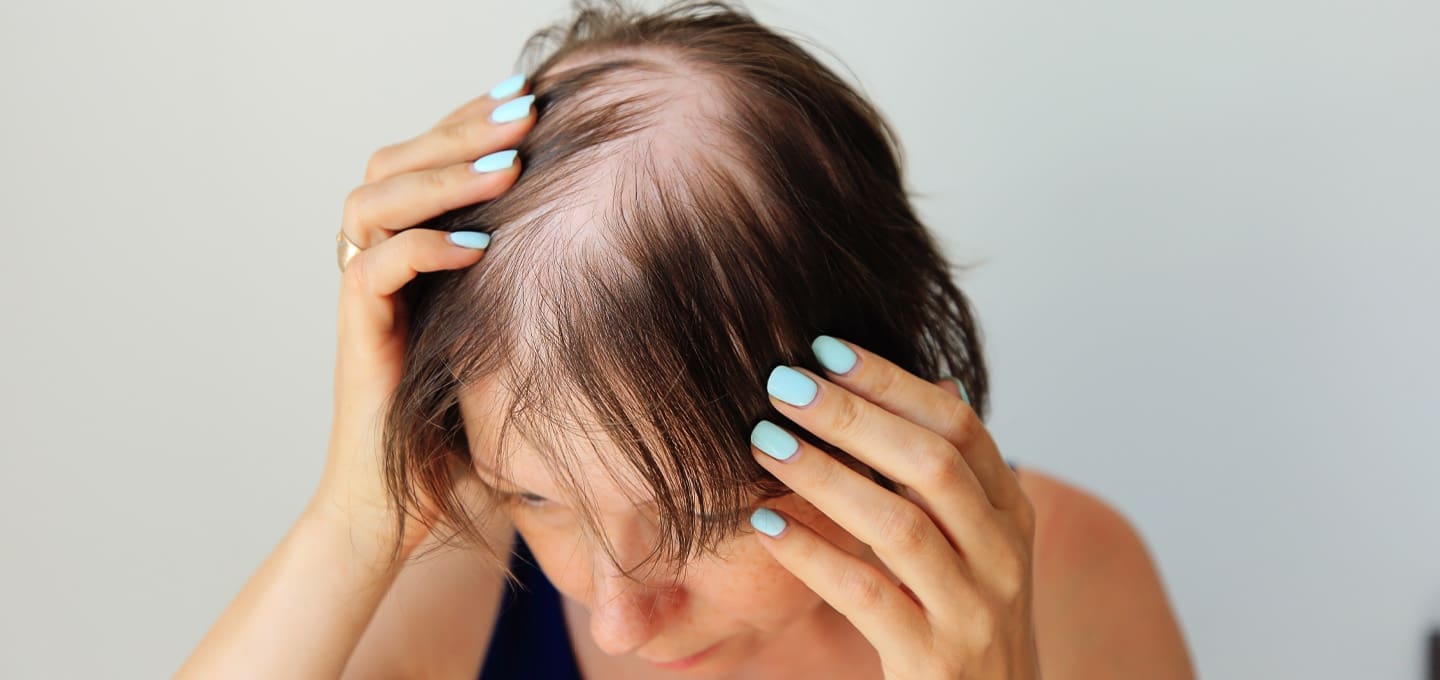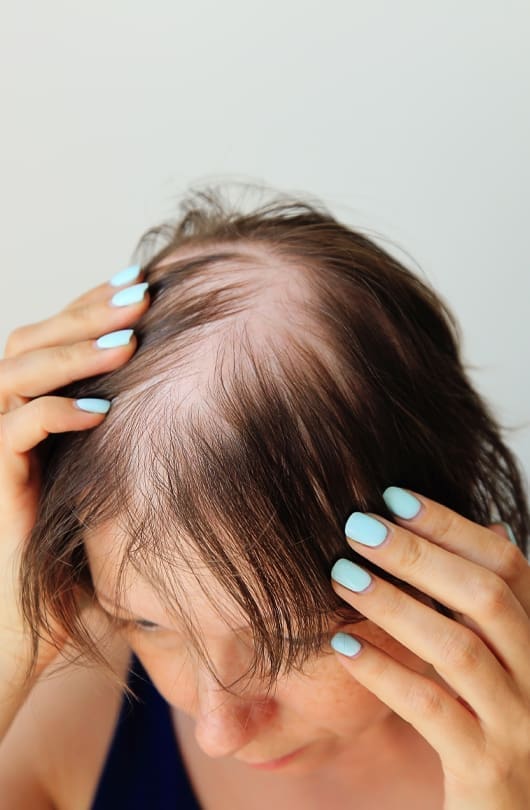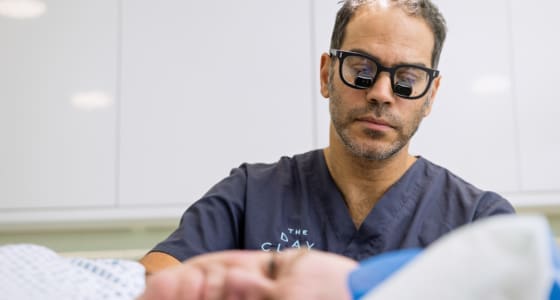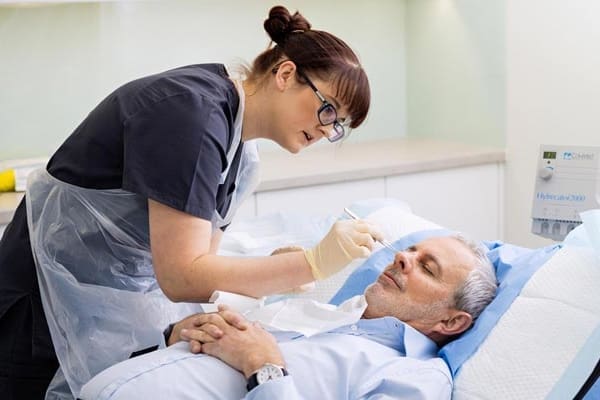These conditions can have various underlying causes and can occur due to a combination of genetic, hormonal, environmental, and lifestyle factors.
One of the most common forms of hair loss is Androgenetic Alopecia, often referred to as male-pattern baldness or female-pattern baldness. It is primarily influenced by genetics and hormonal factors, leading to gradual hair thinning and loss in specific patterns. Hormonal imbalances, particularly an excess of dihydrotestosterone (DHT), play a significant role.
In cases of an autoimmune disorder known as Alopecia Areata, circular bald patches suddenly appear on the scalp and / or other areas of the body. This occurs when the immune system mistakenly attacks hair follicles, disrupting normal hair growth.
Telogen Effluvium is another common hair loss condition where a significant number of hair follicles prematurely enter the resting phase of the hair growth cycle. This can be triggered by factors such as stress, hormonal changes, nutritional deficiencies, or certain medications.
If psychological factors are associated with hair loss, a person may be affected by Trichotillomania which induces the compulsive urge to pull out one’s own hair. It can lead to noticeable hair loss and may require a combination of behavioural therapy and psychological support for effective treatment, and our dermatologist can make the necessary referrals.
Managing hair disorders often requires a comprehensive approach, combining medical treatments such as steroid injections with lifestyle changes and supportive care. During your comprehensive dermatology consultation at The Day Clinic an effective treatment plan tailored to your individual needs will be formulated. This may include the use of hair growth medications, corticosteroids or immunomodulatory therapies.





